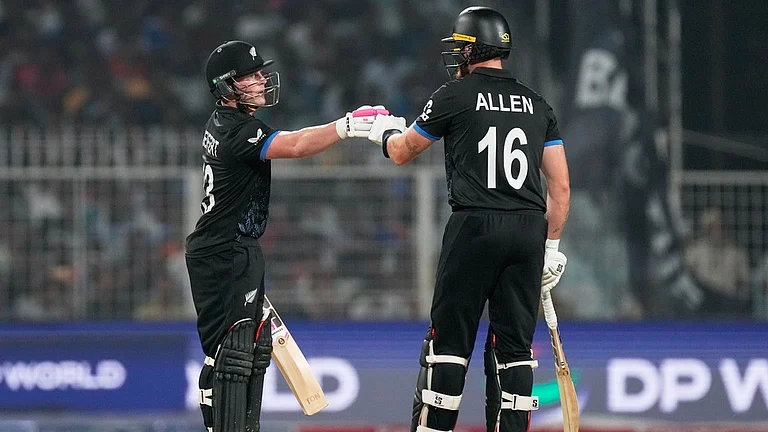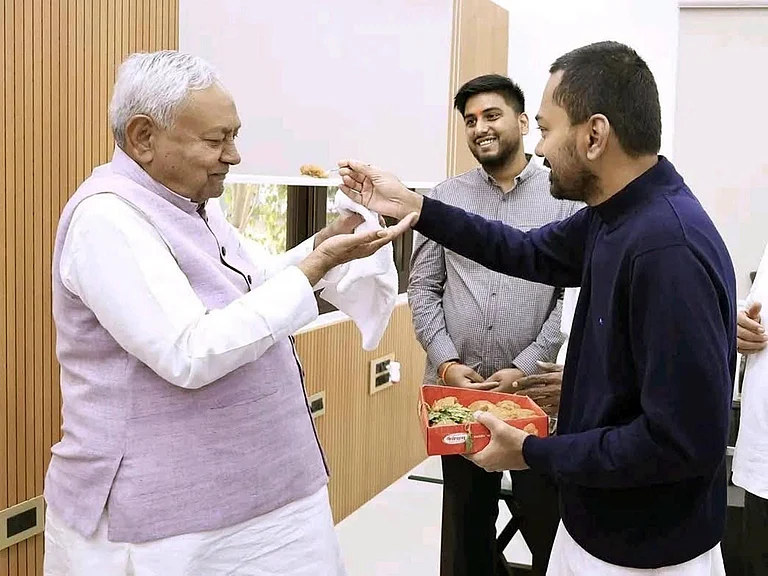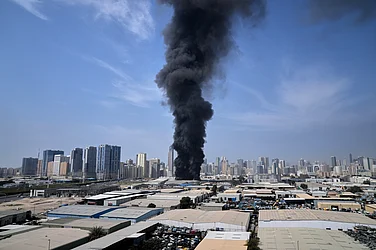India's Permanent Representative to the UN Ambassador Ruchira Kamboj in the UN Security Council on Thursday said that countries that use cross-border terror to serve their own narrow political purposes must be held accountable. Covertly referring to Pakistan, India underlined the need for nations to stand together against the common threat of terrorism and not engage in double standards for political convenience.
“The application of rule of law at the international level should protect the sovereignty and territorial integrity of states from aggression, including terrorism, and including cross border terrorism,” Kamboj said in an apparent reference to Pakistan.
“In our view, a rules-based international order is one that is free from coercion and based on respect for sovereignty and territorial integrity, transparency, and peaceful resolution of disputes,” she said. Kamboj emphasized that the peaceful settlement of disputes is a key factor to ensure and strengthen the rule of law while conducting international relations.
“Rule of Law necessitates that countries respect each other's sovereignty and territorial integrity, as they would expect their own sovereignty to be respected,” she said. "Since the pacta sunt servanda (agreements must be kept) is a binding norm of the rule of law, it requires that countries must respect agreements signed with others, bilateral or multilateral, and do not take unilateral measures to undermine or nullify those very arrangements,” she added.
UN Secretary-General Antonio Guterres told the Council's open debate on ‘Promotion and Strengthening of the Rule of Law in the Maintenance of International Peace and Security: the Rule of Law among Nations’ that currently, the world is at grave risk of the “rule of lawlessness".
“In every region of the world, civilians suffer the effects of devastating conflicts, loss of human life, rising poverty, and hunger. From the illegal development of nuclear weapons to the illegal use of force, states continue to flout international law with impunity,” Guterres said. He said the Russian invasion of Ukraine has created a humanitarian and human rights catastrophe, traumatized a generation of children, and accelerated the global food and energy crises. “Any annexation of a state’s territory by another state resulting from the threat or use of force is a violation of the Charter and of international law,” he added.
India also stressed that strengthening the rule of law would necessitate reforming international institutions of global governance, including those charged with the responsibility of maintenance of international peace and security. “Debates on strengthening rule of law while holding on to anachronistic structures that lack representative legitimacy would serve little purpose in our endeavor to strengthen the rule of law,” Kamboj said.
With the purpose and relevance of multilateral organisations increasingly being put into question, Kamboj said nations have a collective responsibility and obligation to enhance the credibility and legitimacy of the international order. India called on the international community to strive to achieve this before it is too late. Underlining that rule of law is the foundational edifice of modern nation-states, Kamboj said this foundation is underpinned by the UN Charter, where the principle of the sovereign equality of states is the basis for global collective actions.
“In the face of interconnected challenges that we face today, the UN represents our collective recognition that only cooperative and effective multilateralism can ensure peace and stability,” she said. While India firmly believes in the principles of multilateralism and peaceful settlement of disputes in accordance with principles of international law, Kamboj said this can succeed only if the interaction between States is based on rules that aspire for greater collective welfare.






















